Newer than new...how do I learn?
hiswifemomof2
18 years ago
Related Stories

FUN HOUZZEverything I Need to Know About Decorating I Learned from Downton Abbey
Mind your manors with these 10 decorating tips from the PBS series, returning on January 5
Full Story
KITCHEN CABINETSLearn the Lingo of Kitchen Cabinet Door Styles
Understand door types, materials and cabinet face construction to make the right choice when you shop
Full Story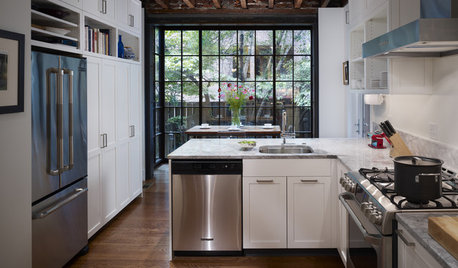
FEEL-GOOD HOME12 Very Useful Things I've Learned From Designers
These simple ideas can make life at home more efficient and enjoyable
Full Story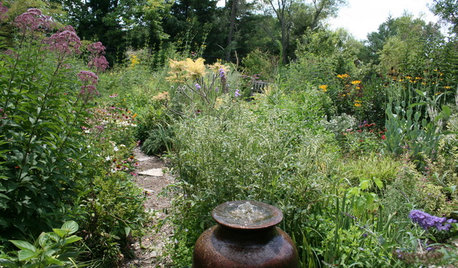
GARDENING GUIDESHow I Learned to Be an Imperfect Gardener
Letting go can lead to a deeper level of gardening and a richer relationship with the landscape. Here's how one nature lover did it
Full Story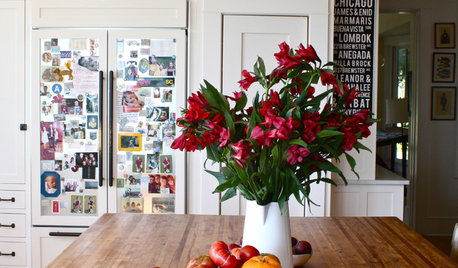
DECORATING GUIDES10 Design Tips Learned From the Worst Advice Ever
If these Houzzers’ tales don’t bolster the courage of your design convictions, nothing will
Full Story
BEFORE AND AFTERSA ‘Brady Bunch’ Kitchen Overhaul for Less Than $25,000
Homeowners say goodbye to avocado-colored appliances and orange-brown cabinets and hello to a bright new way of cooking
Full Story
FEEL-GOOD HOME9 Ways to Boost Your Home’s Appeal for Less Than $75
Whether you’re selling your home or just looking to freshen it up, check out these inexpensive ways to transform it
Full Story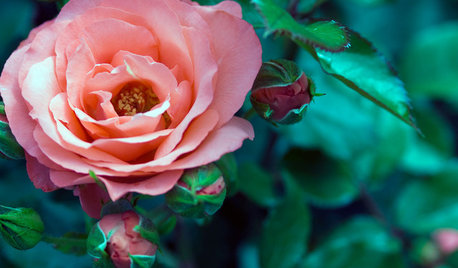
GARDENING GUIDESLearn the Secret to Bigger and Better Roses
Grow beautiful roses using both ordinary and unusual soil amendments
Full Story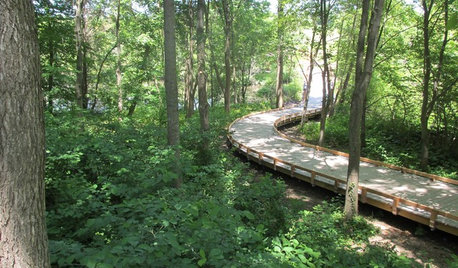
INSPIRING GARDENSWhat We Can Learn From Longwood Gardens’ New Meadow
Sustainability, ecology, native plant communities ... this public garden is brimming with lessons on horticulture for home gardeners
Full StorySponsored
Your Industry Leading Flooring Refinishers & Installers in Columbus
More Discussions







mamimo
username_5
Related Professionals
Belmont Landscape Architects & Landscape Designers · Jennings Landscape Architects & Landscape Designers · Saint Charles Landscape Architects & Landscape Designers · South Elgin Landscape Architects & Landscape Designers · Summit Landscape Architects & Landscape Designers · Waunakee Landscape Architects & Landscape Designers · Canton Landscape Contractors · Fort Atkinson Landscape Contractors · Pahrump Landscape Contractors · Riverview Landscape Contractors · Weymouth Landscape Contractors · Everett Window Contractors · Hawaiian Gardens Window Contractors · West Springfield Window Contractors · Linthicum Window ContractorsUser
meldy_nva
lucy
gardengal48 (PNW Z8/9)
creatrix
meldy_nva
rhizo_1 (North AL) zone 7
Chemocurl zn5b/6a Indiana
MaKoShark
smom40
Pudgy
big_mike
cheerpeople
smom40
sugarhill